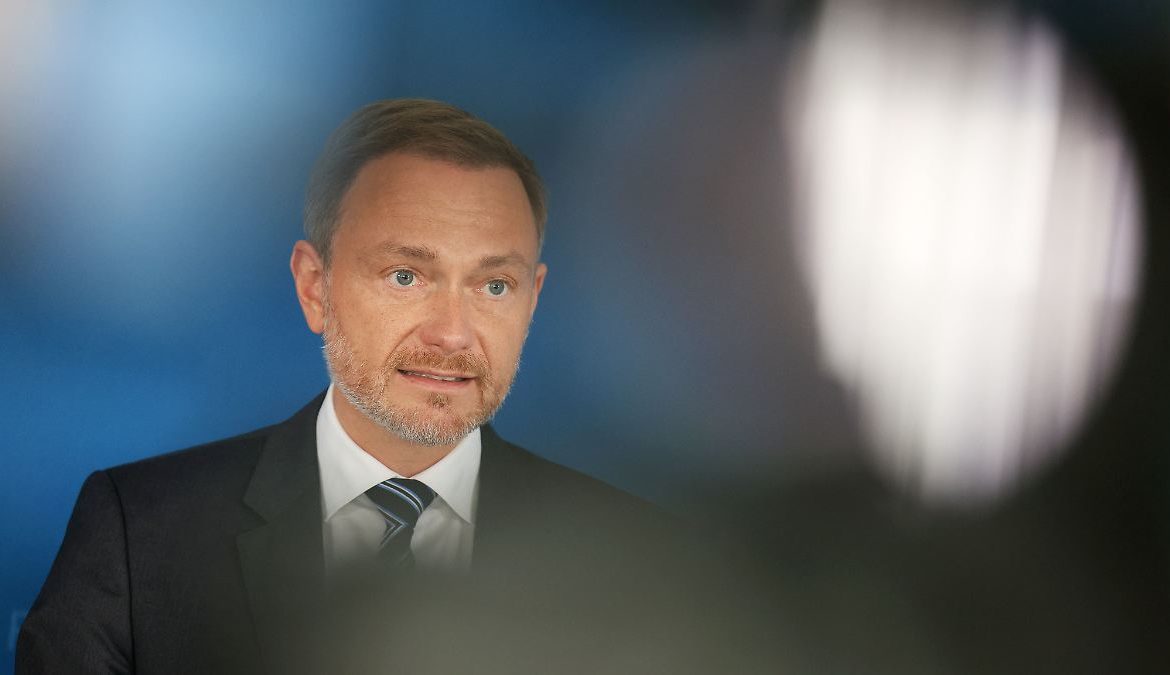Minister rejects countries
Lindner: No more money to accept refugees
10/29/2022 3:50 AM
Christian Lindner rejects federal state demands for more financial aid when accepting refugees. Instead, one must ensure that unregulated migration is “slowed down,” he said. When it comes to income tax, the LDP leader favors adjusting to inflation.
Federal Finance Minister Christian Lindner has rejected demands from federal states and local authorities for more funds to take in refugees. “The burden shifting on the federal government has now reached its limits,” the politician told Funk Media Group newspapers. “I see the job of the federal government there is to improve the repatriation of people without residency rights and slow down unregulated immigration.”
Accordingly, Lindner explained, the services provided to “570,000 people who came to us from Ukraine and are covered by basic insurance are already funded by the federal government.” The number of arrivals from other countries is at the same level as in 2014. “At that time, the federal government did not even participate in financing this state mission. Today it bears a large part,” said the finance minister.
Municipalities warn that carrying capacity limits have been reached in many places, they are calling for more help from the federal government. At this month’s federal, state, and local refugee summit, it was decided that the federal government would offer an additional 56 refugee housing estates, which could accommodate 4,000 people. However, after the higher meeting, the German Federation of Cities and Municipalities saw a great need for further discussion and demanded that the costs incurred be fully borne.
“We need a tariff on wheels”
On the subject of income tax, Lindner spoke again in favor of an automatic adjustment for the inflation rate. “If social benefits such as the base safety standard rate are automatically adjusted for inflation, workers should also receive automatic compensation,” he told the Funke media group.
“We need a tariff on wheels.” Currently, the income tax rate is adjusted for inflation every two years. “It has to be decided politically every time. I would like to change the law so that the tax rate is automatically adjusted to the inflation rate.”
So far, high inflation without political intervention has led to the so-called cold progress: despite the decrease in purchasing power, the same taxes must be paid, and thus the relative tax burden on citizens is increasing. The Cabinet has already launched plans for next year to mitigate this impact. Among other things, the tax-exempt basic allowance must be increased for this purpose.

“Music specialist. Pop culture trailblazer. Problem solver. Internet advocate.”





